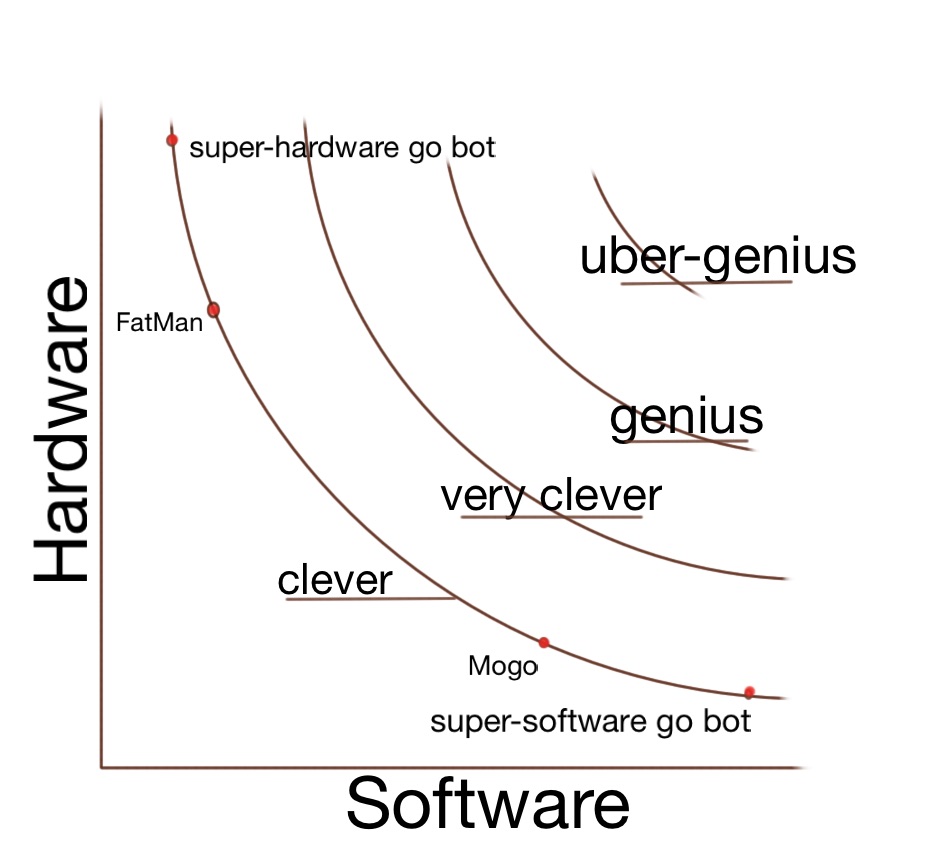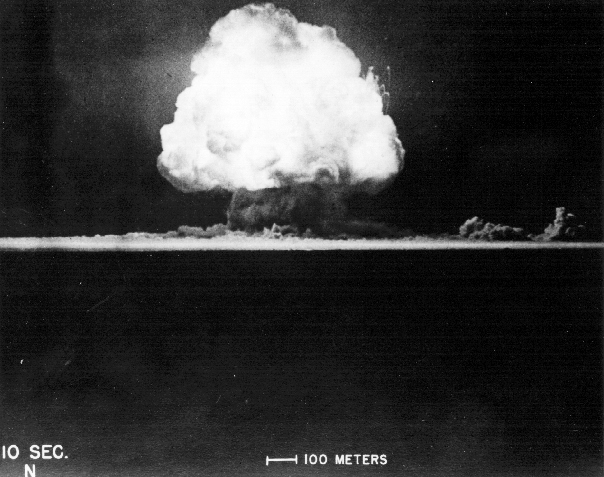
Search Results for human range

Featured Articles

Blog

AI Timelines

Blog

Blog

AI Timeline Surveys

Blog

AI Timeline Surveys